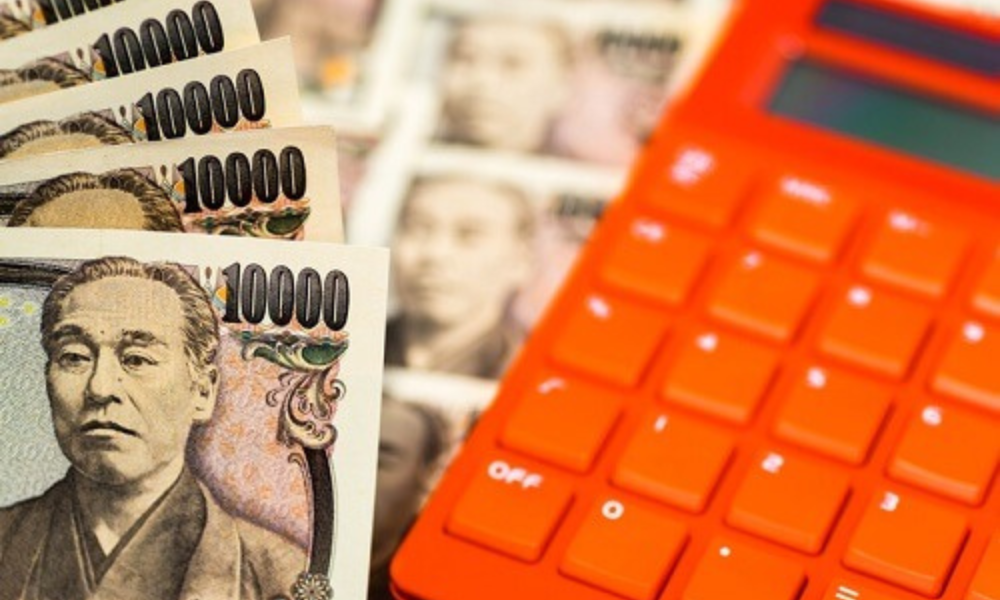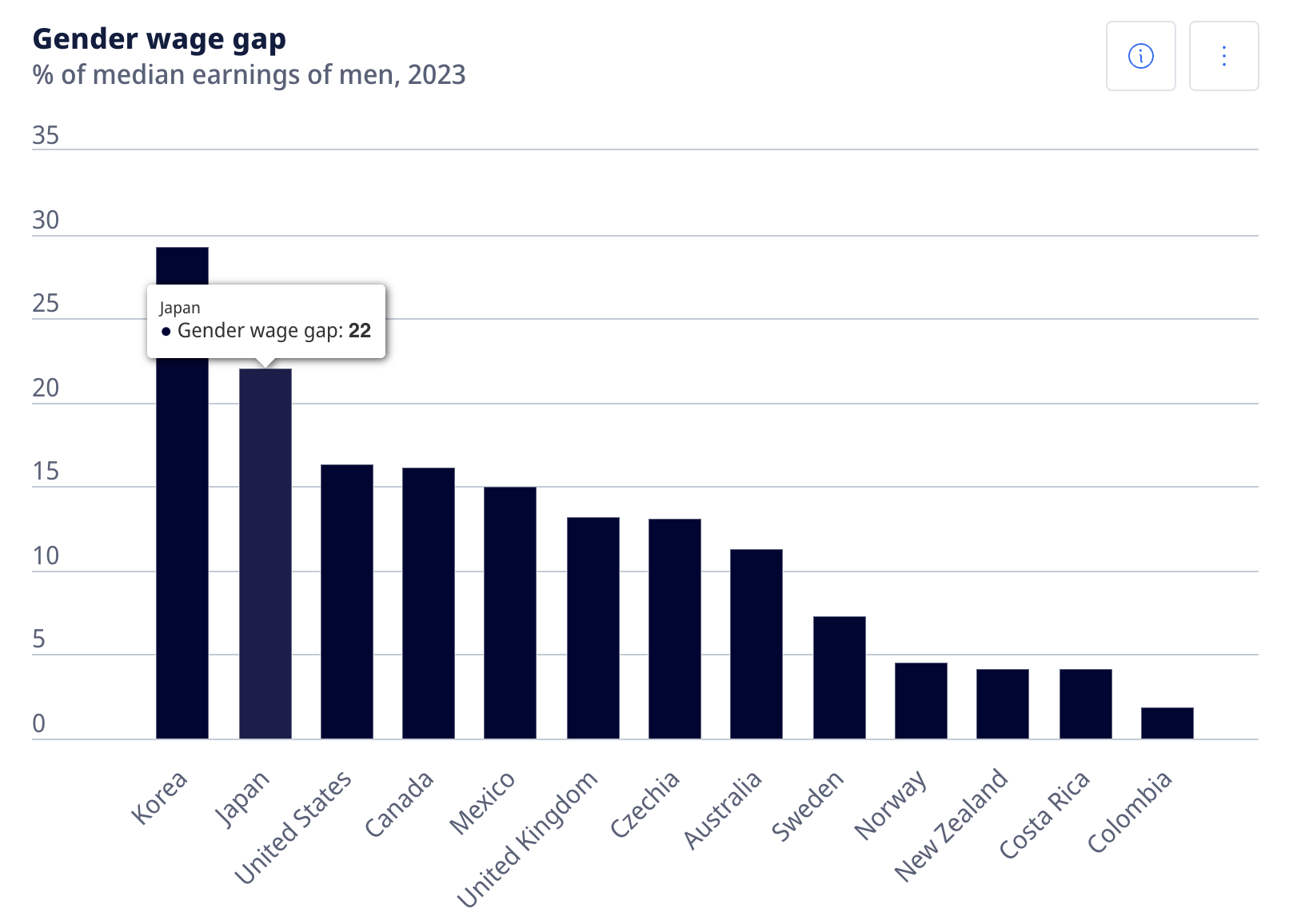
'Unconscious bias' cited as one reason for persistent wage gap between men, women

Working women across Japan are earning significantly less than their male counterparts, with the national average of women's income standing at 74.8% of men's wages, according to a recent survey by the Ministry of Health, Labour and Welfare.
The data, the first of its kind to provide a breakdown by prefecture, sheds light on the persistent wage gap between the sexes in Japan, The Asahi Shimbun reported.
Kochi Prefecture recorded the smallest gender pay disparity, where women earn 80.4% of what men do. In contrast, Tochigi Prefecture ranked the lowest, with women earning only 71% of men's wages.
According to the report, the other prefectures recorded the following disparities:
The Ministry of Health, Labour and Welfare noted that prefectures with smaller income gaps, such as Kochi and Nagasaki, tended to have more female managers and less discrepancy in employment length between men and women.
In contrast, in prefectures with more significant pay gaps, such as Tochigi and Ibaraki, women were more likely to leave the workforce earlier and were underrepresented in leadership roles, The Asahi Shimbun reported.
The findings were unveiled during a meeting of a government project team tasked with addressing the wage disparity in Japan. In its report, the ministry highlighted that one of the reasons behind the wage gap is "unconscious bias" in the workplace, among other factors.
Prime Minister Fumio Kishida, who was also present during the meeting, said they will implement plans to "correct gender unfairness in wages in local areas on a continual basis."
"We will be arranging meetings to find a way to make regional communities more attractive for women, along with other relevant policies," Kishida said as quoted by The Asahi Shimbun.
In Tokyo, officials there said they plan to organise meetings among local governments, economic organisations, financial institutes, and corporations in each region to address the wage gap problem.
Japan saw a gender wage gap of 22% in 2023 according to the latest data from the Organisation for Economic Cooperation and Development (OECD).

Source: OECD
To address the problem, Japan passed the Act on Promotion of Women's Participation and Advancement in the Workforce, which mandates public reporting of gender wage gaps within three months of the end of a company's fiscal year.